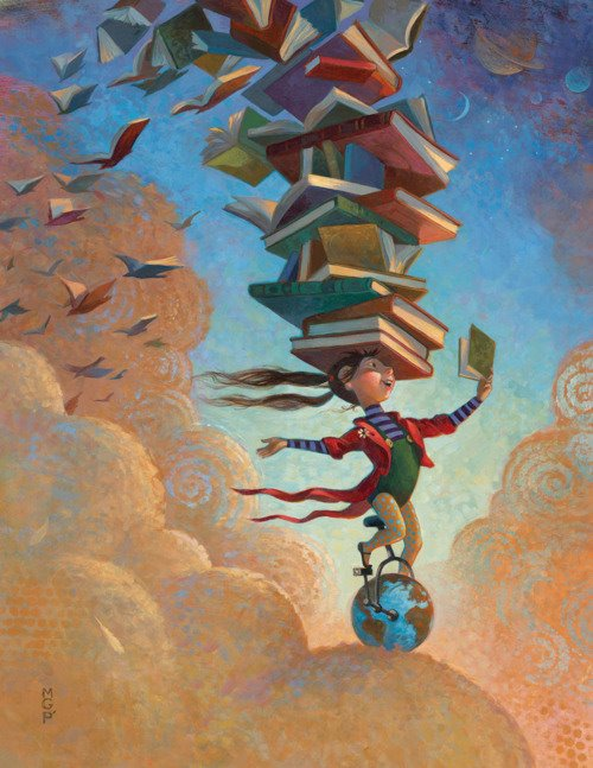Is there a Must - to- Say List for our Kids?
Part One
There is no doubt that actions speak louder and better than words. A widely acknowledged piece of truth. Still, there seems to be such emphasis on the Must-To-Do List within every single family that I have started wondering how many families are there who still speak to each other. So, my dearests I have come to think that it is time we had
"a family gathering for the remaining family members who still speak to each other"
So, now let's imagine that we have the gathering. And then let's hope for the best and let's find ourselves enjoying the gathering with our beloved ones who share the same hopeful need with us, the need to talk. What is there to say? Other that the Must-To-Do list?
Now, let's not freak out, not yet.... there must be something to say other than the due day to pick the clothes from the cleaners' or the day of the dentist's appointment or the reminding of the leaking tap that needs fixing, or the quarrel while trying to decide on who is responsible to getting the oldest one to football and who is responsible for the younger's music lessons ...and so on.... and bla bla bla.... and then the TV is switched on and everybody gets lost in his nerves again....
Well today I am not going to spend not even a fraction of a second on what is or ought to be told between a couple. But I am going to remind myself and you as well of the Ten things that parents ought to say to their children so that they can always hope that they will find something to talk about when they get together other than the housework, or the homework or the dreadful Must-To-Do List.
1. Number One : I am so happy to have you
It's not bad to remember how lucky we are to have a kid or kids. Moreover to thank them for enlightening our buffing and confusing routine. Kids are not ours. They are our lives' gifts. has there been any moment that you have been offered a present and you have not expressed your thanks? I don't think so, Only a live Thank you suits a live present.
2. Number Two : Always stand up for your opinion -no matter how different it is from mine
We always complain about our kids turning to mimics of what they see or what they hear. How responsible may we really be? How often do we encourage our kids to express their own opinion, their own thought? How often do we let our kids - let alone encourage - to leave their own trademark on an everyday basis in their own decisions?
3. Number Three: You Know I love you, right?
Love has never hurt anyone. Neither its admitting to it. It is time we allowed the words 'I love you" take us upon their magic cloud and travel us all around the heavenly world of positive feelings. Let's not forget: The more you share your feelings, the more powerful they become.
4. Number Four: I am so proud of you
Showing your kid how proud you are of him /her and his /her achievements is the ultimate means of empowering one's confidence and self-esteem. Think about yourself. How much in love did you feel you are when your beloved one congratulated you on your dressing choices or your cooking?
Till the second part of the Decalogue comes in the blog, watch out and remember that
"Family is a gift that lasts Forever'' as long as you care for it ....
to be continued
\




